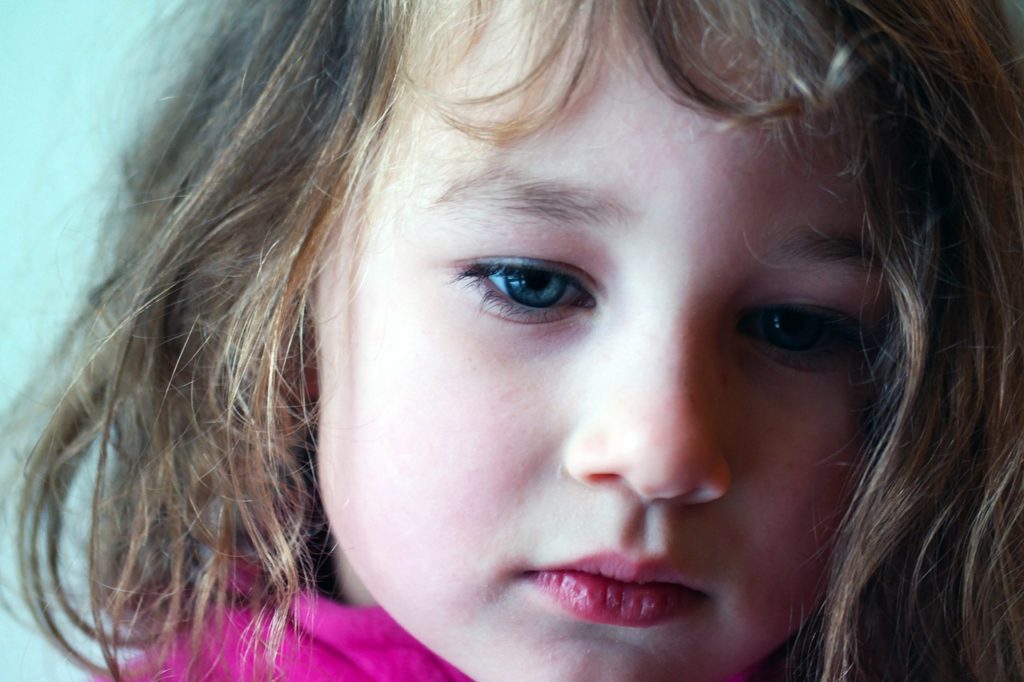 When a child is involved in a conflict, as a reflex many parents will offer this directive: “say you’re sorry.” While the intention may be to repair the situation, it does not always teach the lesson intended. Encouraging apologies teaches social skills. Forcing an apology can have an adverse effect.
When a child is involved in a conflict, as a reflex many parents will offer this directive: “say you’re sorry.” While the intention may be to repair the situation, it does not always teach the lesson intended. Encouraging apologies teaches social skills. Forcing an apology can have an adverse effect.
A forced apology does not change behavior. If children only say they are sorry to get out of being in trouble, they do not learn what an apology is really supposed to accomplish—remorse and repair. The chances that the child may be less likely to commit this act are low when apologies are forced and insincere.
Young children typically have an underdeveloped “theory of mind,” and, therefore, may not have a clear understanding of the perspective of others. “Theory of mind” is the ability to understand one’s owns beliefs, desires, and knowledge and to understand that those of others may be different from one’s own. Children may be forced to apologize when they do not yet have the capacity to understand how they have made others feel and, therefore, forcing an apology is forcing a child to lie. Furthermore, when forced to apologize, children learn to say what is expected versus learning to act on what they authentically feel. This impedes the development of a healthy sense of self.
Tips
Support your child in brainstorming how to repair the situation. Ask him what he could do to help his friend feel better or to make things better with him. Some repair attempts include offering a hug if the other person is receptive; helping to rebuild the creation that was knocked down; sharing the item that caused the disagreement; drawing a picture for the friend to show he feels bad. These gestures help children learn to correct mistakes and repair relationships.
Ask your children how they think the negative act/words made the other person feel. Ask them to recall a time someone hurt them. Ask the children to remember that feeling and to think about how they now have made the other person feel the same way. Offer them suggestions about what they could do differently next time.
Help your children communicate feelings and needs and teach them how to listen to what the other person says and feels. Offer your children the opportunity to calm down before repairing or apologizing.
Model for your children how to offer sincere apologies. If you offer mindless apologies, children will learn to do the same. When you apologize in front of, or to, your children, look the person in the eye and say: “I am sorry for….” and explain the act that warranted the apology. Apologize for making the other person feel sad. You can demonstrate empathy by making a statement such as: “I feel sad when someone yells at me, so I should not yell at you.” Offer additional repair attempts such as offering to do an activity together or offering to help the other person.
Conclusion
Apologizing is an important social skill. Sometimes, apologies become a ritual. The goal is to have these apologies become sincere, to help children understand the meaning, and to encourage children to express genuine remorse. Experts believe that what is most important is helping children learn to take responsibility and to repair relationships.
Graziella Simonetti is a parent educator for EAC Network’s Long Island Parenting Institute and works as an early childhood social worker for the New York City Department of Education. She holds an advanced certificate in parent education from Adelphi University and is a NYSPEP credentialed parenting educator. Simonetti is a former kindergarten teacher.



































